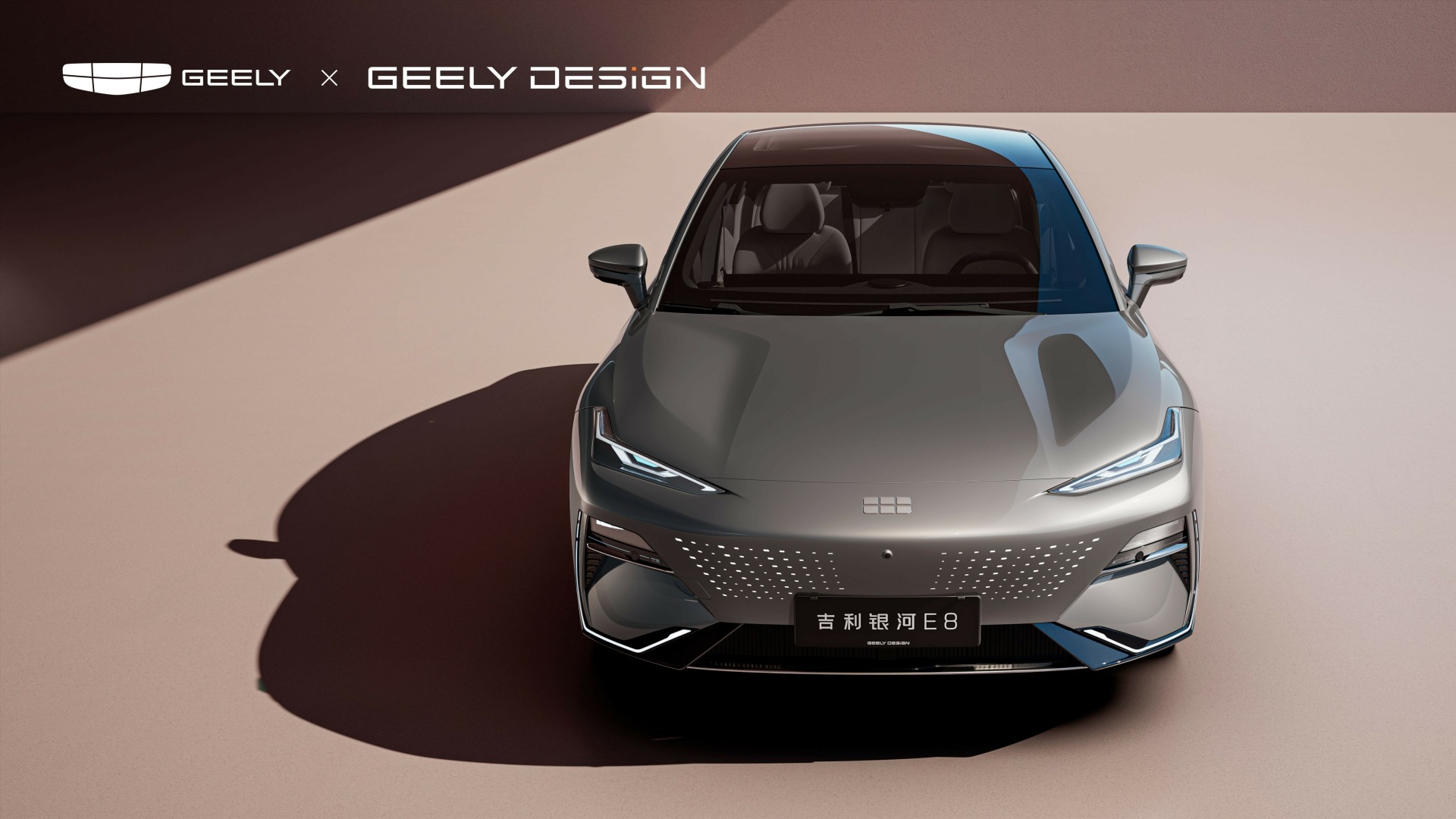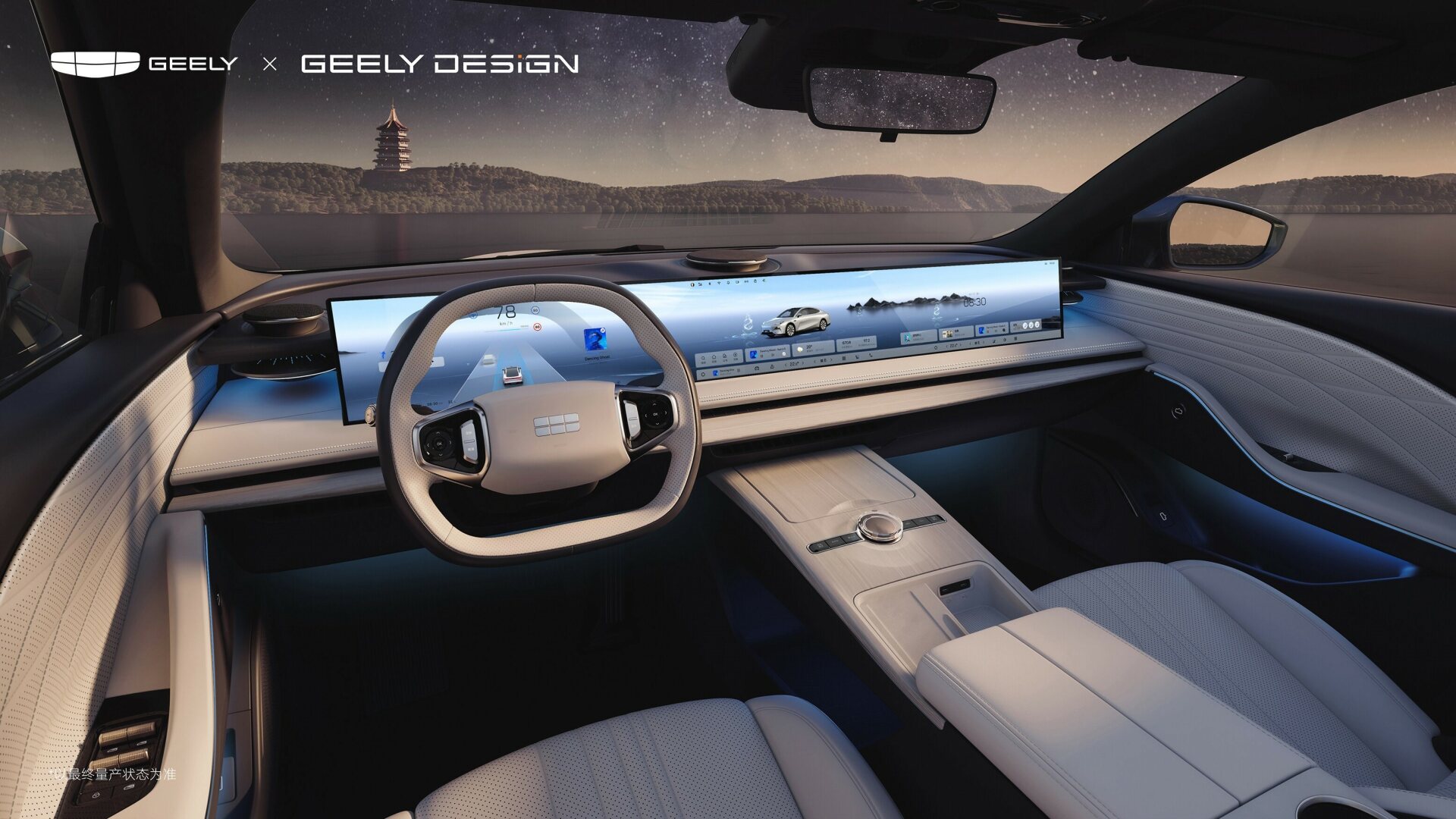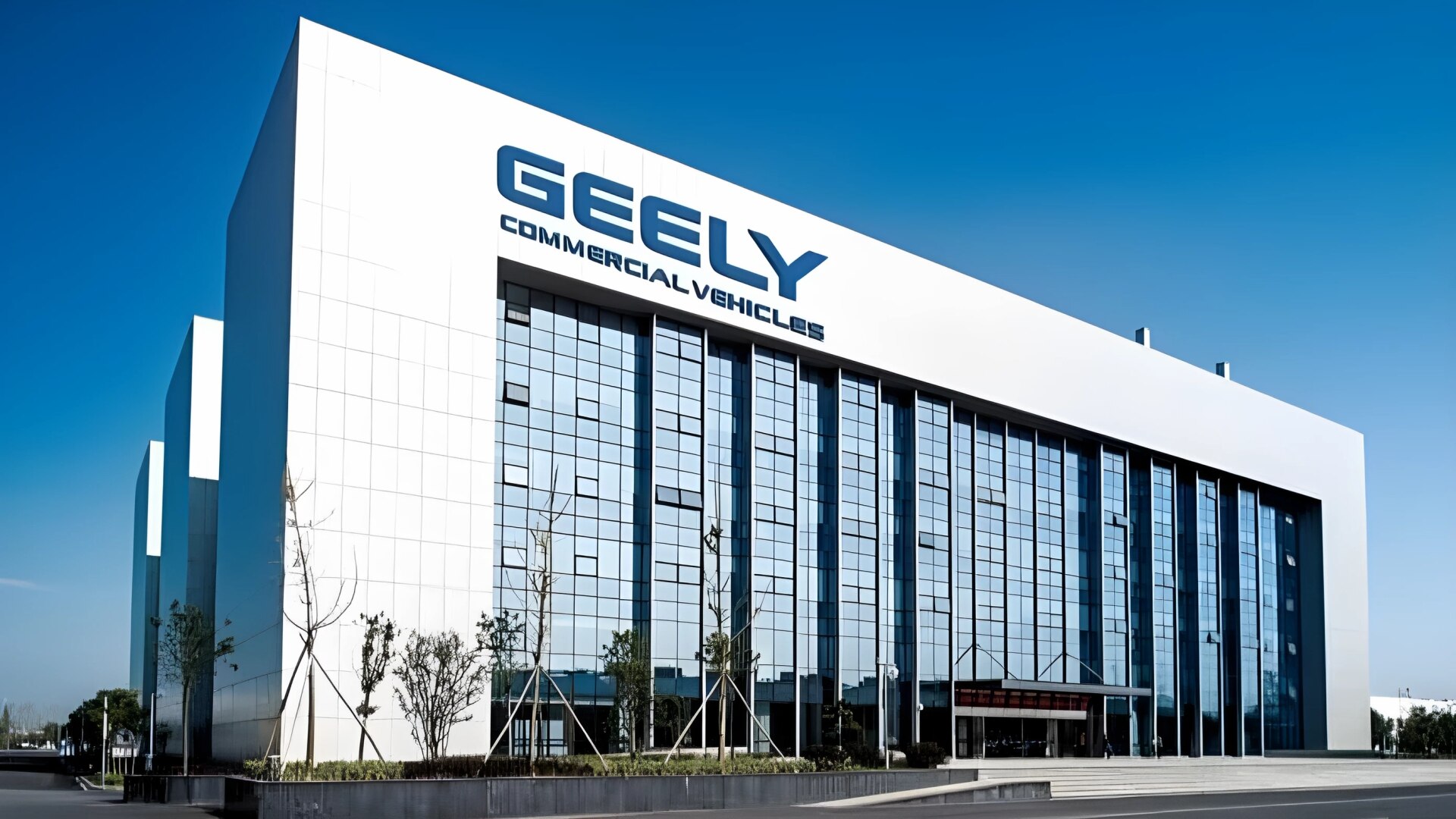Indications from a local job ad and trademark filings strongly suggest the imminent return of the Geely brand to Australia, marking its comeback roughly a decade after its last appearance. Geely, a prominent Chinese automotive giant, appears poised to reestablish its presence in the Australian market.
Despite already having a foothold through its ownership of Lotus, Polestar, and Volvo, as well as the upcoming introduction of its Zeekr electric vehicle (EV) brand in the latter half of 2024 and the confirmed arrival of Lynk & Co in 2025, Geely seems intent on introducing its eponymous brand to Australian consumers.

This move would see Geely join the ranks of other Chinese automotive brands such as BYD, Chery, and MG already vying for market share in the region. A recent job posting on LinkedIn seeking a national marketing director explicitly mentions responsibilities related to “the brand strategy of Geely” and “new Geely brand building,” signaling Geely’s intentions to establish its namesake brand in Australia.
Furthermore, Zhejiang Geely Holding Group has filed trademarks indicating the impending launch of the Geely Auto brand. These filings include the Geely name on January 19, 2024, as well as what appears to be a variation of its six-segment logo on October 14, 2023.
In China, the Geely Auto brand encompasses a diverse range of vehicles, including those under sub-brands like Geometry, established in 2019 for affordable EVs, and Galaxy, introduced in the previous year for more premium models such as the large E8 electric sedan.

Additionally, Radar Auto, while marketed separately like Zeekr, operates under the Geely Holding umbrella. Geely’s product lineup spans from electric microcars like the Panda Mini to three-row SUVs comparable in size to the Kia Sorento, such as the Haoyue, known as the Okavango beyond China.
Geely’s foray into the Australian market isn’t entirely unprecedented. In 2009, Western Australian car dealer John Hughes announced plans to introduce the Geely MK sedan and hatch to Australia, albeit exclusively in Western Australia.

However, the brand’s growth was hindered by challenges such as the absence of electronic stability control in the MK, which became mandatory shortly after its launch, and its involvement in an asbestos recall. Despite aggressive pricing, with the MK offered at a market-leading $8999 drive-away, Geely struggled to establish a foothold in Australia and ultimately withdrew from the market.

